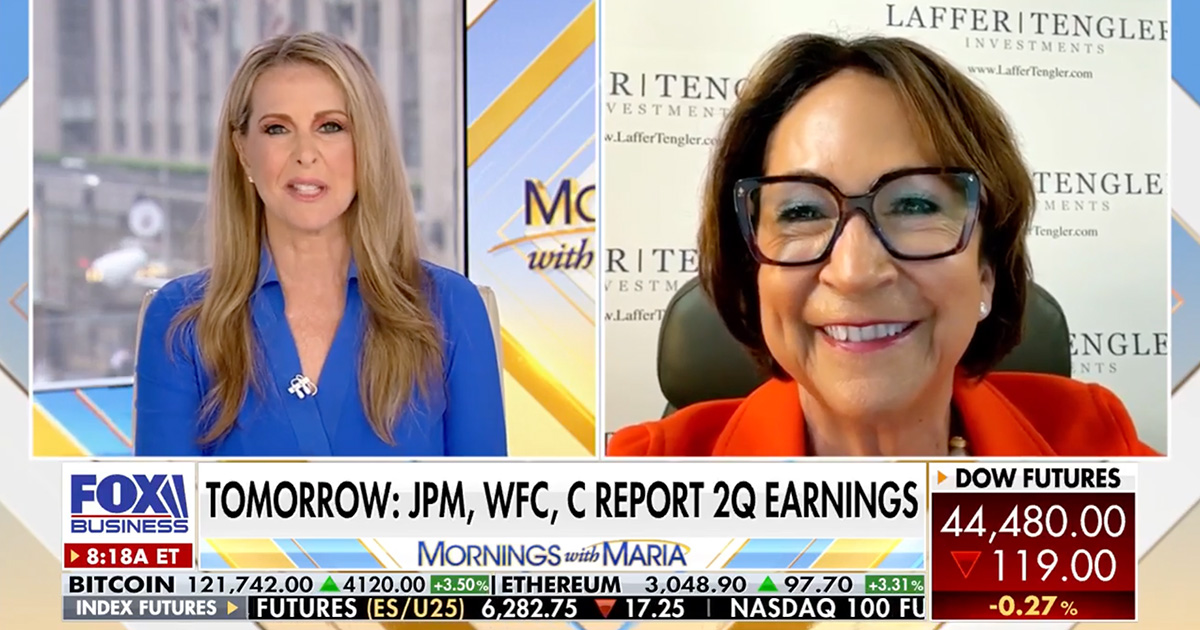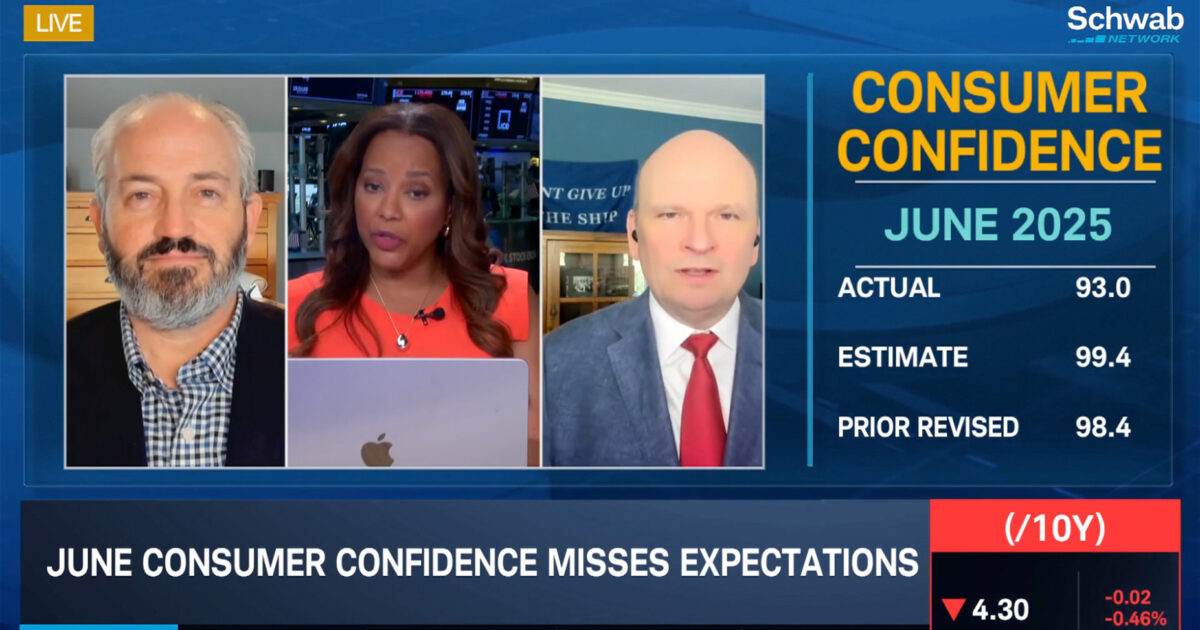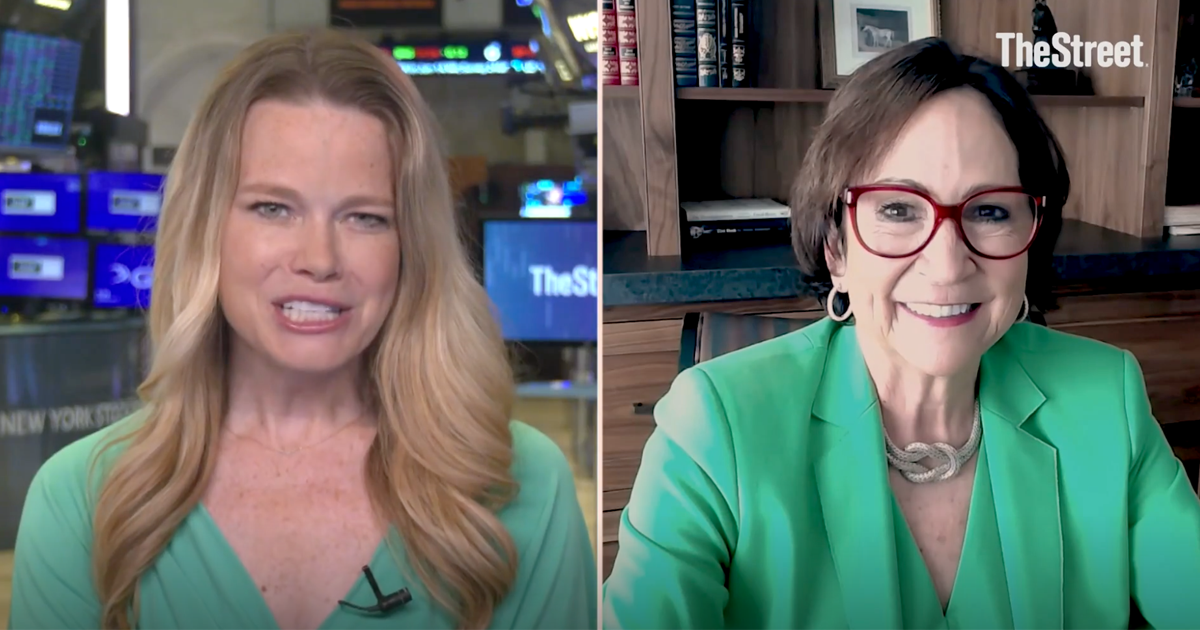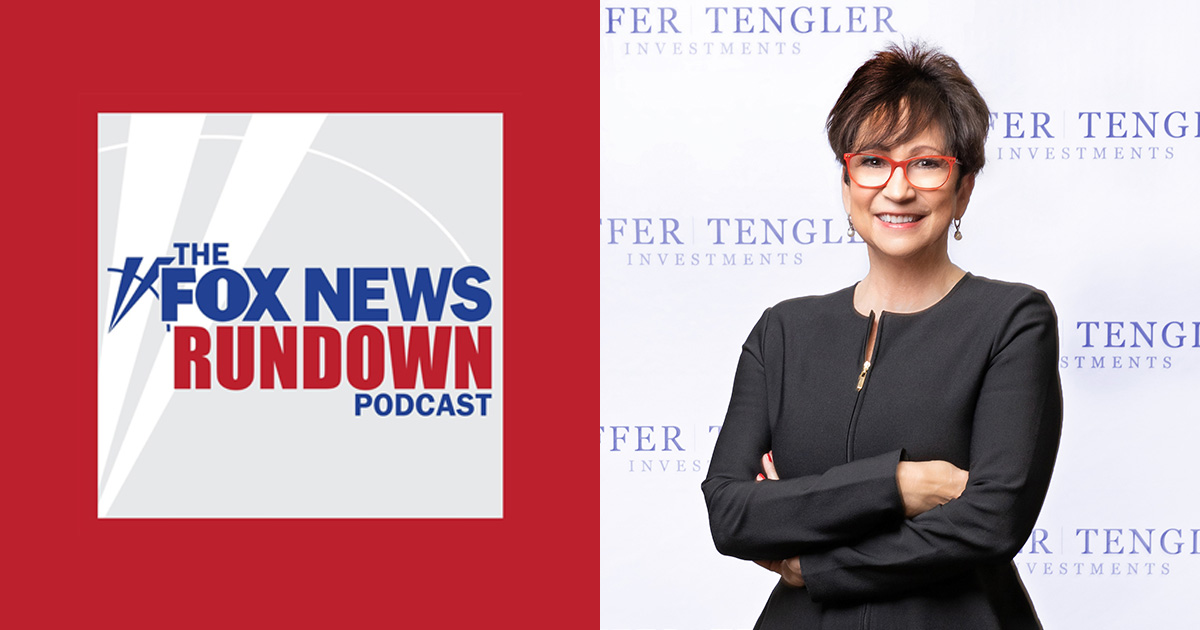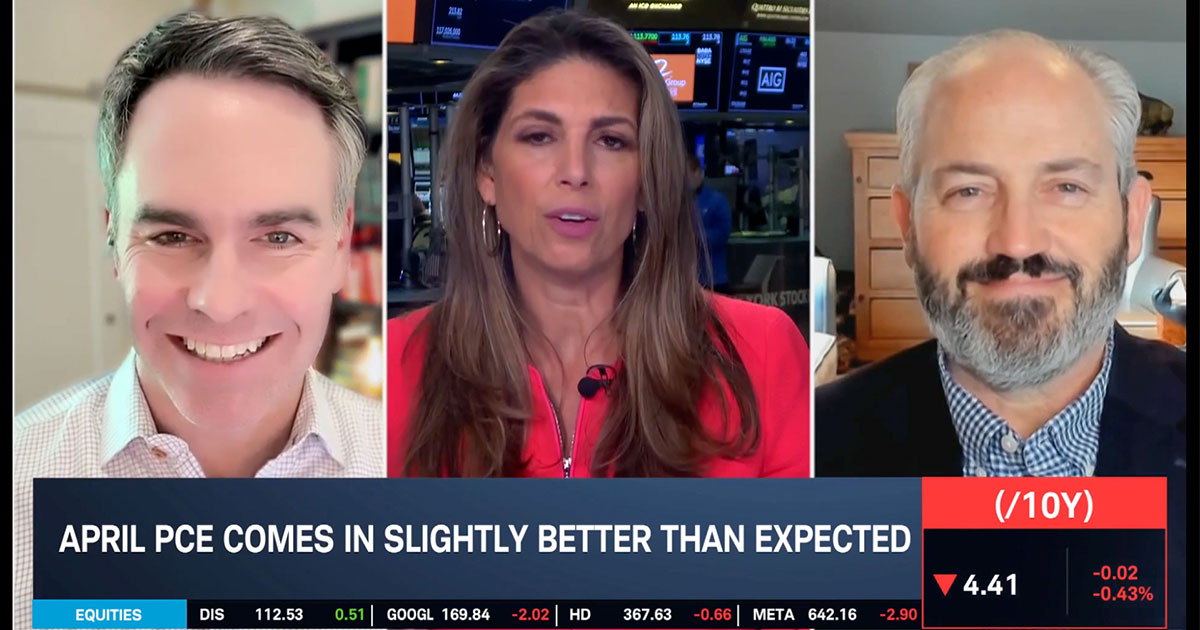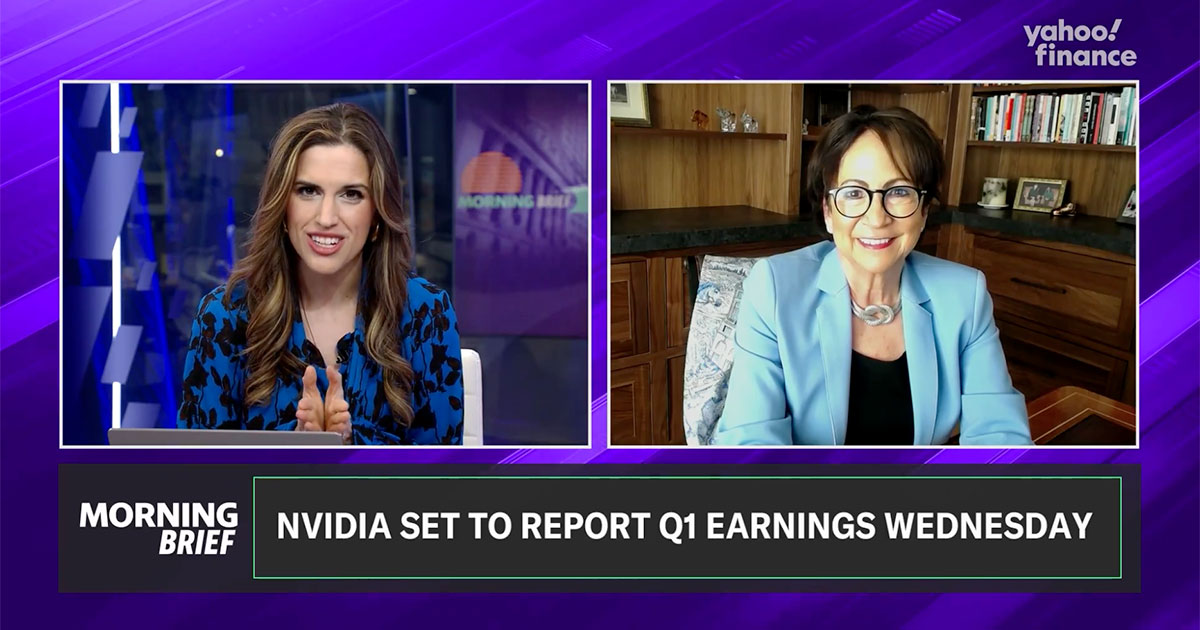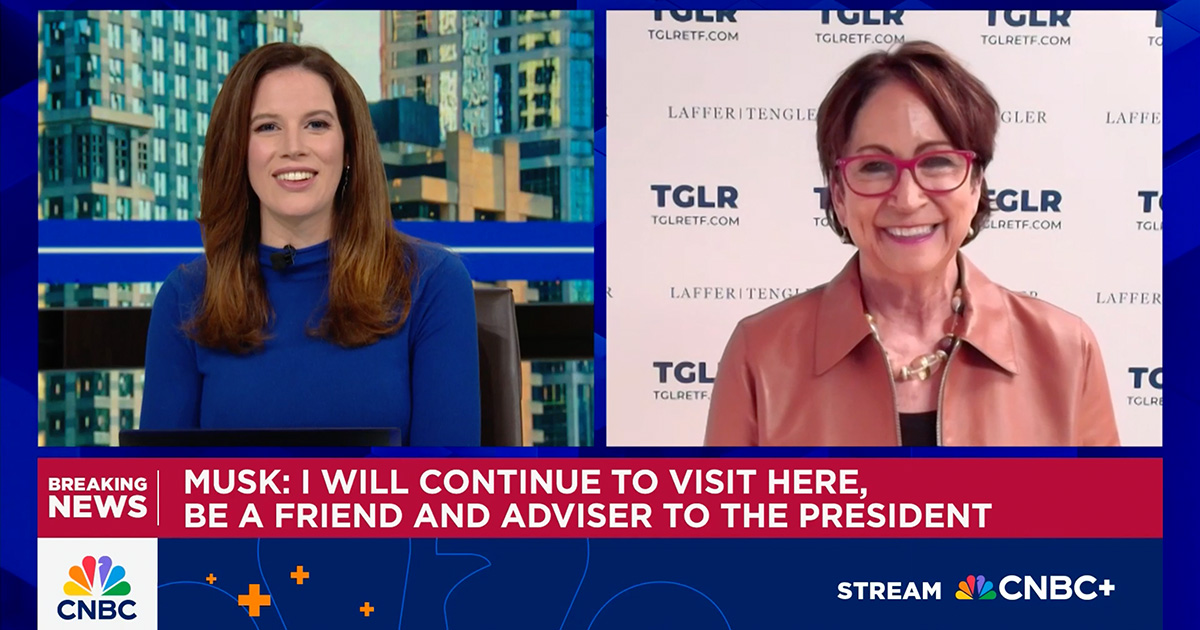Does American Exceptionalism Still Exist? Tengler Weighs in on Fox Business
Nancy Tengler, CEO and CIO of Laffer Tengler Investments, joined Mornings with Maria to weigh in on the state of American exceptionalism, Q2 bank earnings, and where yields may be headed next. “Any economy that prizes efficiency over equity — which ours does — will continue to drive growth, particularly through productivity,” she noted. Tengler favors sectors boosting productivity, highlighting tech and industrials, and points to U.S. corporate earnings that continue to outpace global peers.

